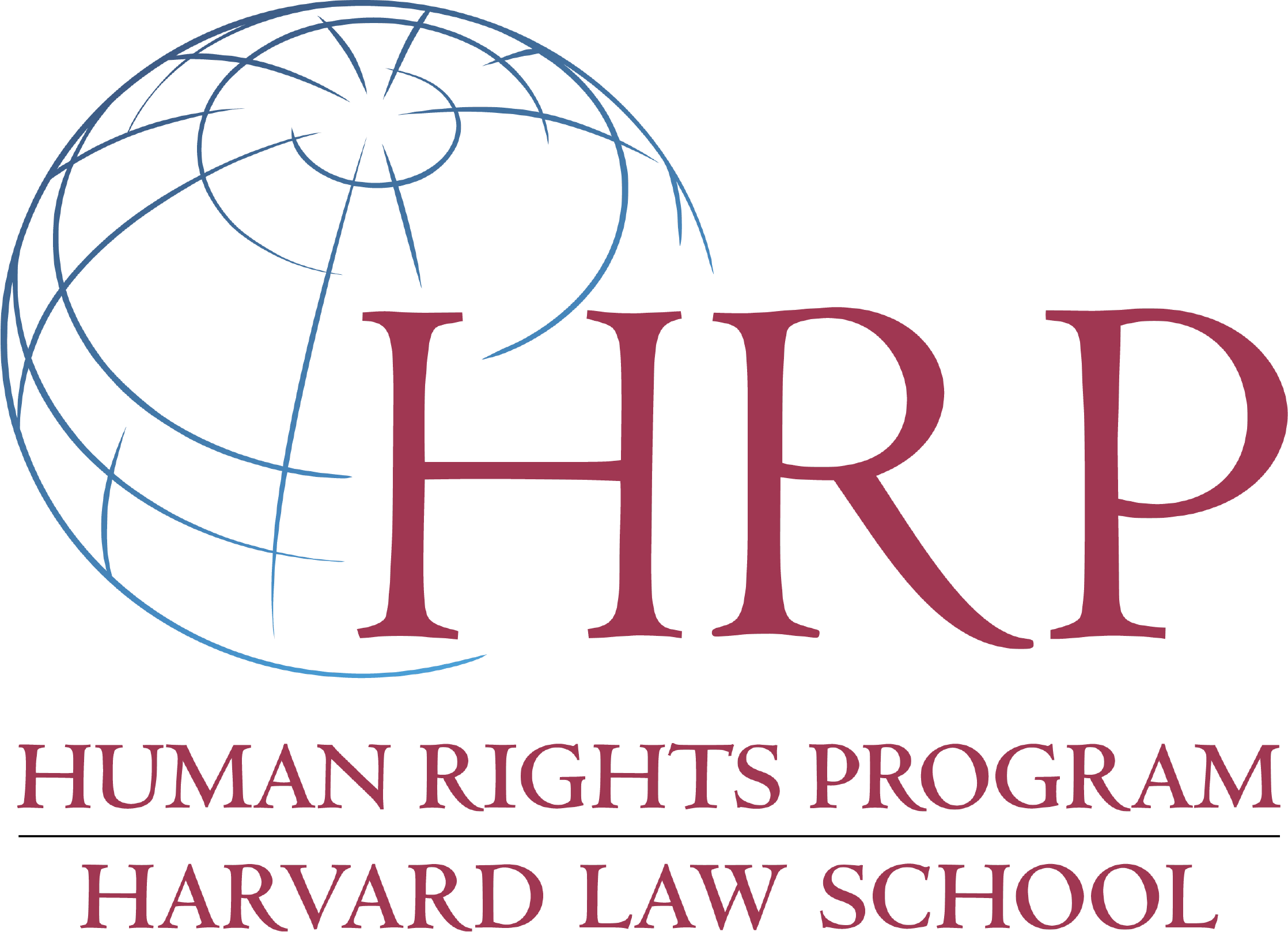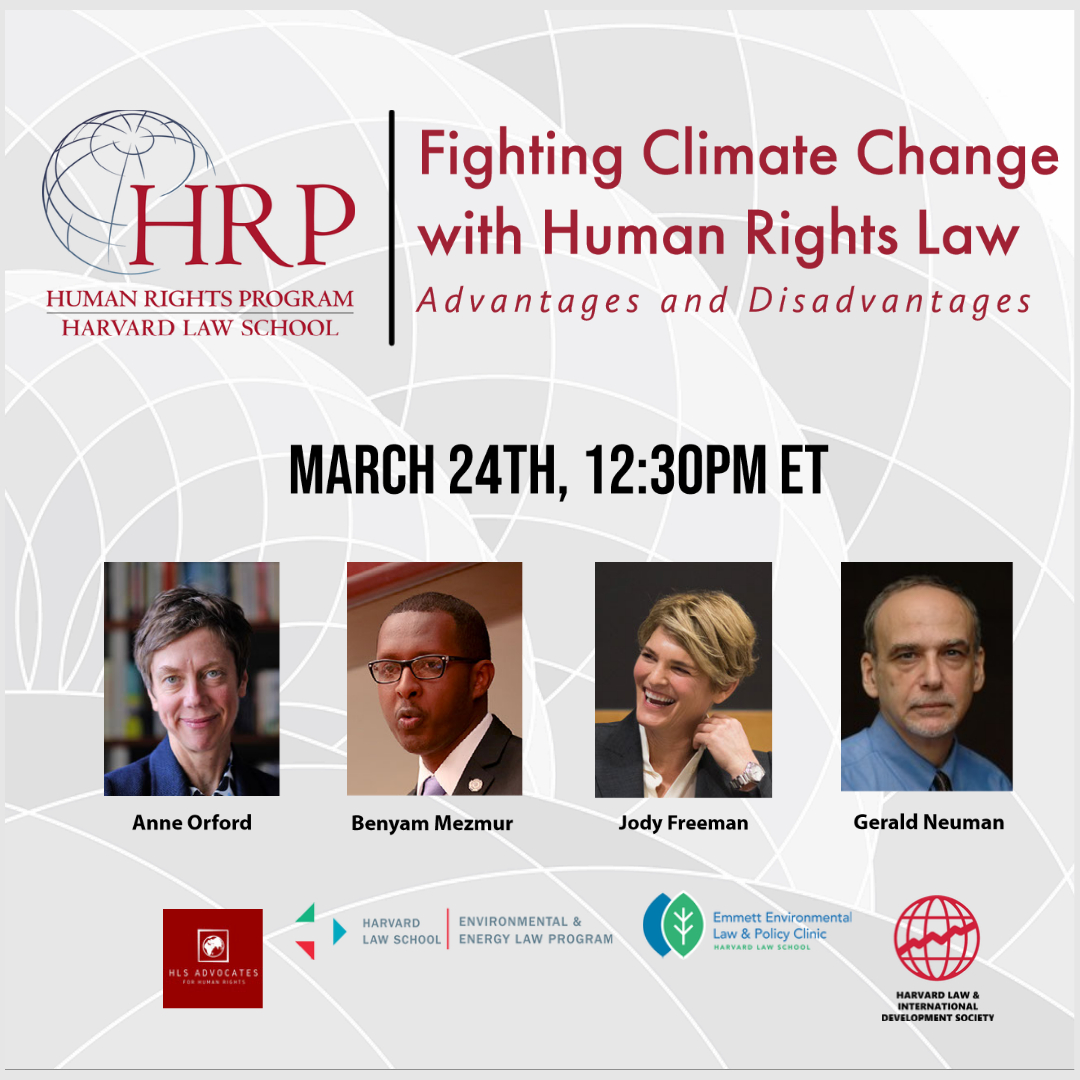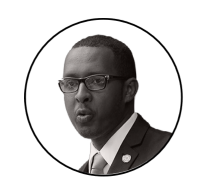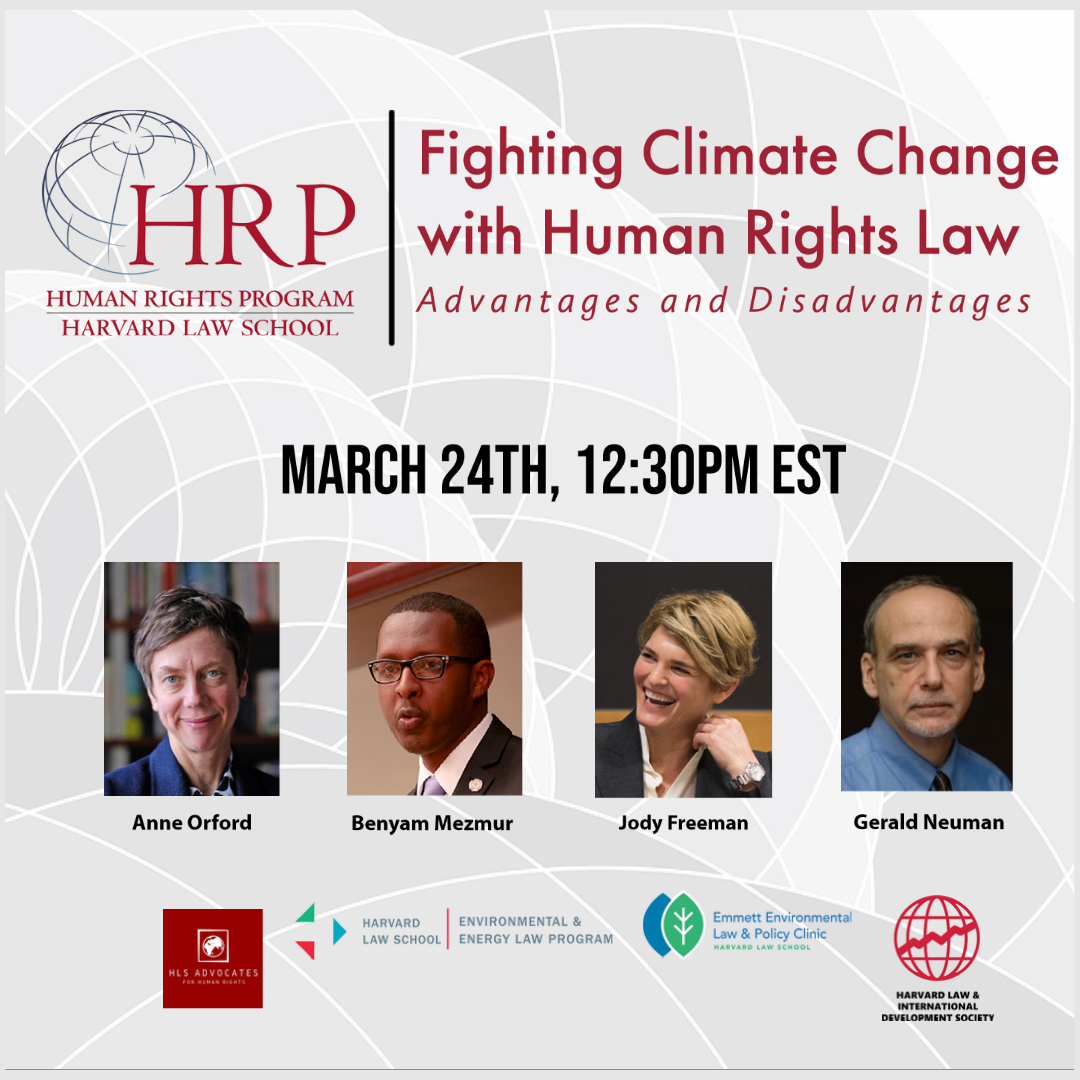
This event has passed.
You can find a complete recording of the event below or on the HRP YouTube channel.
Register for the Zoom discussion here. To receive further updates about upcoming HRP events, sign up for our newsletter.
___
International environmental law and human rights law have evolved quite rapidly. While the two represent separate branches of international law, they have also intersected and intertwined. The UN and regional human rights mechanisms, civil society actors, and national courts have employed human rights analysis to impel action on environmental issues, and sometimes to channel environmental responses in accordance with other human rights principles.
As governments delay in addressing the urgent challenges of climate change, recent decisions of national courts and the UN Committee on the Rights of the Child have invoked human rights and constitutional rights as imperatives for action. This webinar will explore both the strengths and the weaknesses of human rights law as a vehicle to fight global climate change. In doing so, it will touch on topics such as intergenerational rights, children’s rights, judicial capacity, and nonhuman environmental interests.
Panelists
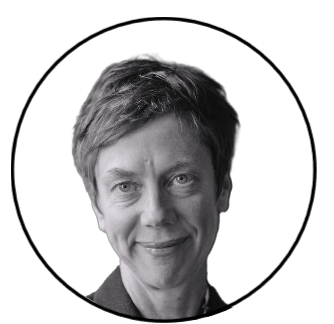
Anne Orford is Melbourne Laureate Professor and Michael D Kirby Chair of International Law at Melbourne Law School, and Visiting Professor of Law and John Harvey Gregory Lecturer on World Organization at Harvard Law School. She researches and teaches in the areas of international law, history and theory of international law, international dispute settlement, international economic law, and climate change and the politics of international law. She is a Fellow of the Academy of the Social Sciences in Australia and a past President of the Australian and New Zealand Society of International Law. In addition to visiting at Harvard Law School, Professor Orford has been a visiting professor at Université Paris 1 (Panthéon-Sorbonne), Lund University, and the University of Gothenburg, and a Senior Emile Noël Research Fellow at NYU School of Law. She has been appointed Visiting Legal Fellow at the Australian Department of Foreign Affairs and Trade for 2022-23.
Benyam Dawit Mezmur, from Ethiopia, is currently Eleanor Roosevelt Fellow at the Harvard Law School, Human Rights Program. He is a Professor of Law and practitioner who specialises on children’s rights law. He is a member of the United Nations Committee on the Rights of the Child, and served as its Chairperson from 2015-2017. At the regional level, Professor Mezmur served on the African Committee of Experts on the Rights and Welfare of the Child (ACERWC), a treaty body of the African Union, for a little over a decade. He served as its chairperson twice (from 2012-2014, and from 2015-2017) and was its special rapporteur on children and armed conflict in Africa. In 2018 Pope Francis appointed him to serve on the Pontifical Commission on the Protection of Minors.
In his full-time post, Professor Mezmur is Coordinator of the Children’s Rights Project at the Dullah Omar Institute (named after its founder, the first Minister of Justice of Democratic South Africa) for Constitutional Law, Governance, and Human Rights, Faculty of Law, at the University of the Western Cape (UWC) in South Africa. Since early 2018 he also serves as Deputy Dean for Research and Post-Graduate Studies at the Faculty.
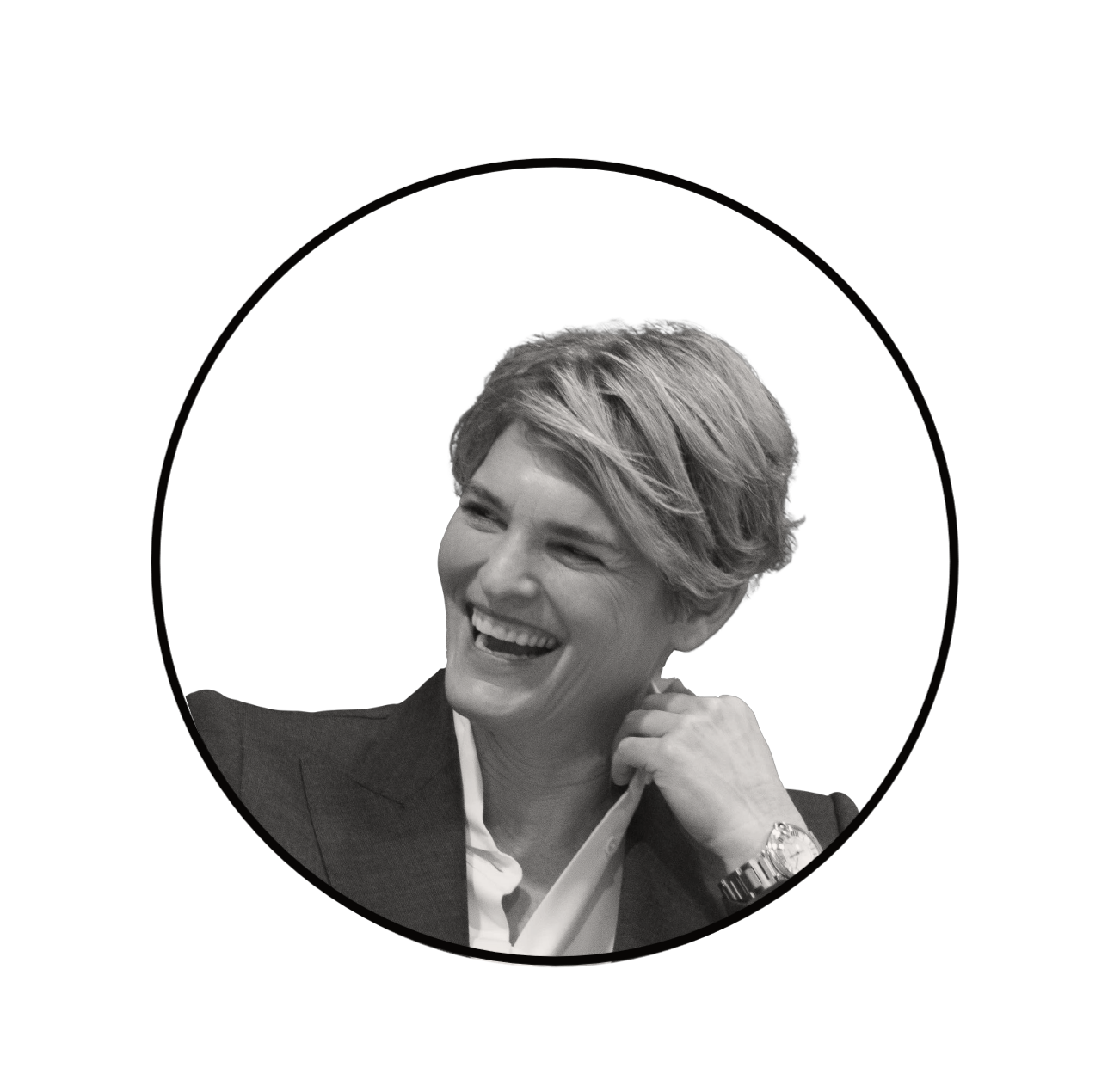
Jody Freeman is the Archibald Cox Professor of Law, and a leading scholar of administrative law and environmental law. She is a member of the American Academy of Arts and Sciences, a Fellow of the American College of Environmental Lawyers, and a member of the Council on Foreign Relations. Freeman served as Counselor for Energy and Climate Change in the Obama White House in 2009-2010. Professor Freeman has written extensively about climate change, environmental regulation and executive power.She is also known for her early work on “collaborative governance,” which helped to establish a field focused on public-private approaches to regulatory problems. She has served as a member of the Administrative Conference of the United States, an expert body that advises the federal government on how to improve the regulatory and administrative process. At Harvard Law School, she is the founding director of the Environmental and Energy Law Program, a pioneering research center on climate and energy policy. She also established the Law School’s first environmental law clinic.
Moderator
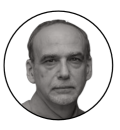
Gerald L. Neuman is the J. Sinclair Armstrong Professor of International, Foreign, and Comparative Law, and Director of the Human Rights Program. He teaches human rights, constitutional law, and immigration and nationality law. His current research focuses on international human rights bodies, transnational dimensions of constitutionalism, and rights of foreign nationals. He is the author of Strangers to the Constitution: Immigrants, Borders and Fundamental Law (Princeton 1996), and co-author of the casebook Human Rights (with Louis Henkin et al., Foundation Press). Prior to joining HLS in 2006, he served on the faculties of the University of Pennsylvania Law School (1984-1992) and Columbia Law School (1992-2006). From 2011 to 2014, he was a member of the Human Rights Committee, the treaty body that monitors compliance with the International Covenant on Civil and Political Rights.
The event is organized by the HLS Human Rights Program.
It is cosponsored by the Emmett Environmental Law and Policy Clinic, the Environmental & Energy Law Program, the Harvard Law and International Development Society, and the HLS Advocates for Human Rights.
